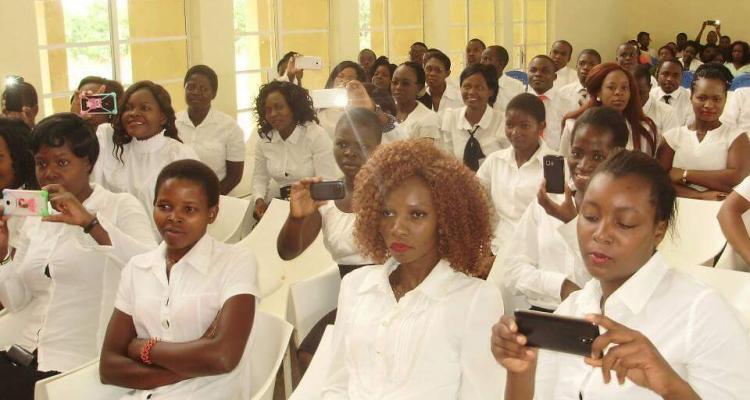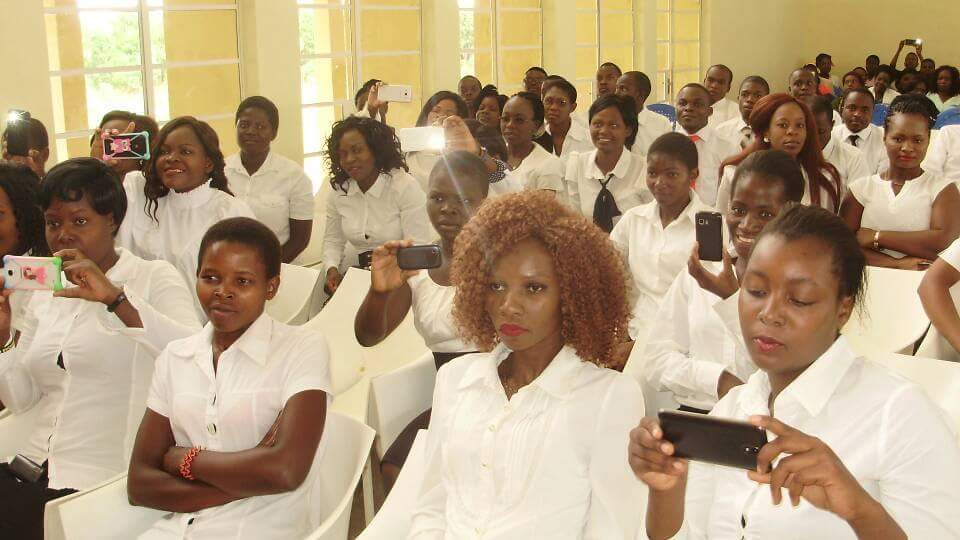
Development Aid from People to People (DAPP) has graduated 63 primary school teachers at a function which took place at its Dowa Teachers Training Colleges.
Coordinator of Teaching Department and Development in the Ministry of Education Science and Technology Mary Chirwa was guest of honour at the function.

Delivering her speech, Chirwa admitted that the ministry is struggling to balance the equation of pupil to teacher ratio due to inadequate shortage of teachers.
Chirwa said currently the number of teachers which is only 54,000 is not enough to normalise teacher pupil ratio.
“We need to train almost 8,000 teachers if the teacher pupil ratio is to normalize but we cannot manage to do that on our own as Government,” said Chirwa.
Chirwa then commended Dowa DAPP for complementing government’s efforts in training of teachers.
DAPP Country Manager Lisbeth Thomsen said her organization will continue to train teachers as one way of complementing government’s efforts of attainment of quality education.
Thomsen added that quality education plays a vital role in the development of any country in the world.
During the graduation, out of 63 students 45 were female. Thomsen said the girls will be role models amongst their peers.
Currently, DAPP is running four TCCs which are Chilangoma, Namalika, and Mzimba.
DAPP is a member of the Federation for Associations connected to the International Humana People to People Movement.
The objective of DAPP in Malawi is to promote social and economic development through a variety of development models.
The organisation assists in implementing the Malawi Growth and Development Strategy to achieve the nation’s vision.
The people engaged in the development initiatives of DAPP are trained and equipped with tools and knowledge enabling them to transform their dreams and wishes for a better life into practical actions.
Presently, the DAPP projects are focused on four of the pressing development issues in Malawi: improving food-security and economic growth, increasing access to quality education, improving children’s conditions, fighting HIV & AIDS DAPP and improving access to improved sanitation and hygiene.













